A Survey of German Students in Zhejiang University Writing "Chinese Dream" and Riding in Wan Li
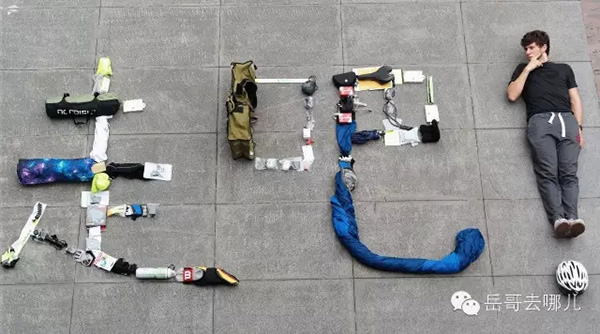
Yue Kaihan, a German student majoring in China from Zhejiang University who graduated with a master’s degree this year, spent nearly 100 days riding a bicycle from Mohe City, Heilongjiang Province to Sanya City, Hainan Province, with a journey of more than 5,800 kilometers.On the way, he would ask the strangers he met along the way: "What is your China dream?"
The answer he got from Wan Li Road becameHis master’s thesis — — The Chinese Dream of the Common People.
"The school has always been very supportive of students majoring in China to get out of the classroom and books and get to know the real China through field visits. Yue Kaihan proposed to the instructor to get to know China by riding, and focused on the common people in China ‘ Chinese dream ’ Our understanding has been supported and encouraged by our teachers. The school also specially applied for the project funds for his research. " On November 27th, Lu Yuan, a teacher of China Studies Center of Zhejiang University, told The Paper.
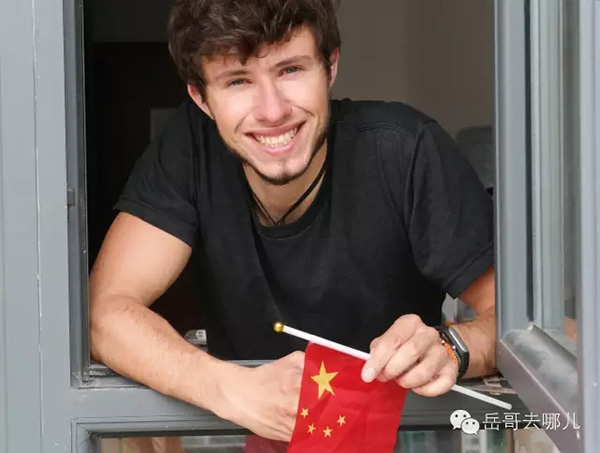
Exploring the "Chinese Dream" of Ordinary People by Riding
Yue Kaihan’s Chinese name was taken by a friend. His real name is Jorg, and he is 28 years old. He came to China for the first time in 2011. In one year, he learned to use chopsticks and learn Chinese in Chengdu, Sichuan. Out of interest in China culture, Yue Kaihan went to China Center of Zhejiang University to study for a master’s degree in China in 2015.
It is understood that the China Studies Center of Zhejiang University has started to recruit and train masters in international cooperation since 2010. Up to now, it has recruited more than 350 international students from more than 50 countries around the world. This major is designed to systematically study China’s social, political, economic and historical degree courses in English, so that students can improve their Chinese level, feel China culture, integrate into China society, and carry out research on China issues.
Lu Yuan introduced that China studies is not limited to the classroom, but also encourages students to go deep into China society and let them contact ordinary Chinese, such as farmers and citizens. Through interviews and investigations, they find the problems faced by China society and propose solutions. To this end, on the basis of classroom teaching, each course will set up a field investigation class, and the examination is not limited to the examination paper, but more in the form of project report.
"Yue Kaihan thought is mature, have their own ideas, action, he has been to many cities in China. Before the opening report of the paper, he proposed to the instructor to learn about China by riding. The instructor suggested that he combine the research with the topic and write the riding experience as a paper. " Luyuan told The Paper.
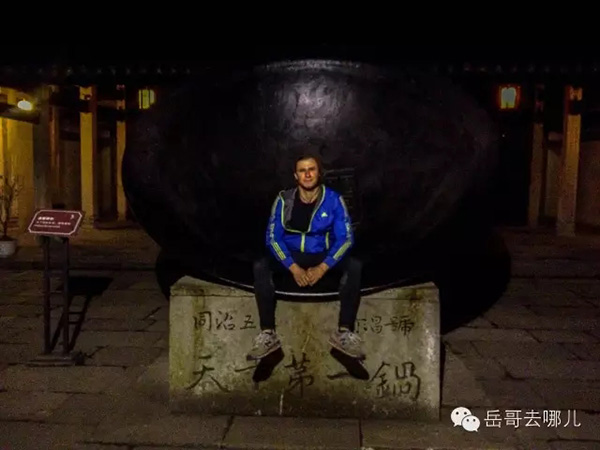
Yue Kaihan said that he first heard the word "Chinese Dream" in 2013, and now it has become a high-frequency word in China.But he doesn’t know what the "Chinese dream" is in the eyes of ordinary people in China. To solve this problem, we must visit historical sites and modern buildings in China, visit cities, stop in the countryside, climb mountains and rivers, and ask questions to people of different ages and classes.He also wants to learn more about China.
He chose cycling to get to know China, which he thought was natural, environmentally friendly and friendly, and also had high flexibility and freedom. Two months before departure, he conducted assault training, from riding 30 kilometers to 80 kilometers, and then riding from Hangzhou to Shanghai.
In order to make the "Riding China" plan not affect his studies, Yue Kaihan completed all the postgraduate courses in one year. He also planned his cycling route very rigorously — — It spans 12 provinces (autonomous regions and municipalities directly under the Central Government) in China, with a total distance of over 5,800 kilometers. He chose Arctic Village, Mohe, Heilongjiang as the starting point of his journey, which is the northernmost place in China, and ended in Sanya, Hainan, passing through big cities such as Beijing and Wuhan, as well as historical sites such as Shaolin Temple and Yin Ruins, as well as many small towns.
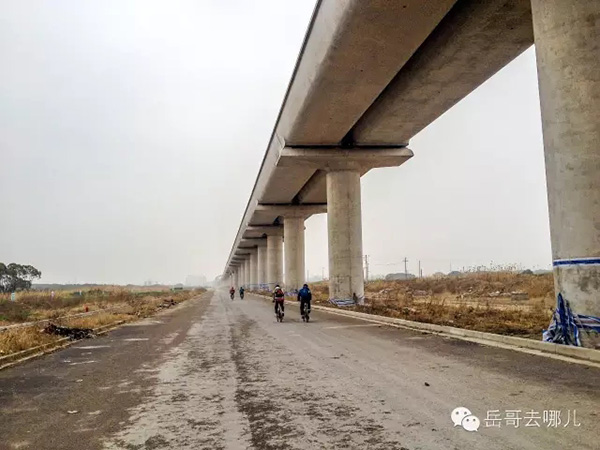
Open WeChat official account to write cycling experience.
On May 1, 2016, Yue Kaihan took the second-hand simple folding bicycle given to him by a friend, carried a big backpack, got on the train from Hangzhou to Harbin, and then took the bus to Mohe Arctic Village.
His big backpack is equipped with tents, inner tubes, pumps, cloth strips and other items, as well as electronic products such as mobile phones, tablets, charging treasures and cameras. There are only two sets of clothes to change.
Before the trip, Yue Kaihan also registered on WeChat WeChat official account "Where is Brother Yue going" to record what he saw during the trip. On the day of the trip, he wrote: "If I will pass through the city where you live, please contact me. I am very happy to know your city, listen to your story, and be a couch potato in your home. "
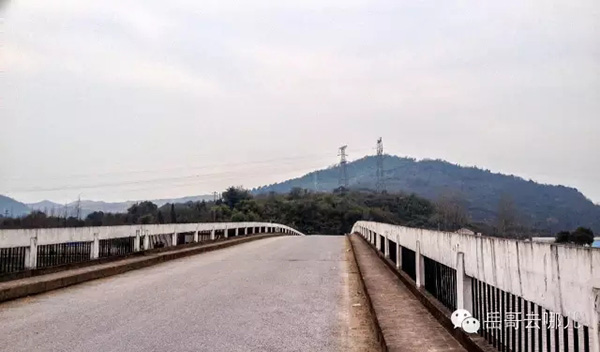
Every time he goes to different cities and meets impressive people, he will write these stories in WeChat official account. For example, on the 57th day of cycling, he was in the birthplace of Chenjiagou Tai Ji Chuan in wen county, Henan Province, and Mr. Li, a teacher from Tai Ji Chuan, provided him with free accommodation. During the conversation, Yue Kaihan found that Mr. Li was originally a solar engineer … …
On the way, Yue Kaihan will focus on the differences between urban and rural areas in China, and the different concerns of young people and the elderly. He found that older people are less concerned about economic interests and have no desire to earn a lot of money. They are more concerned about the stability and fairness of the whole society. Young people will talk more about education and personal future development, and occasionally mention personal interests, fitness and other issues. The difference between urban and rural areas is obvious. People in the village want to live a happy and peaceful life, while people in the city want to do what they want.
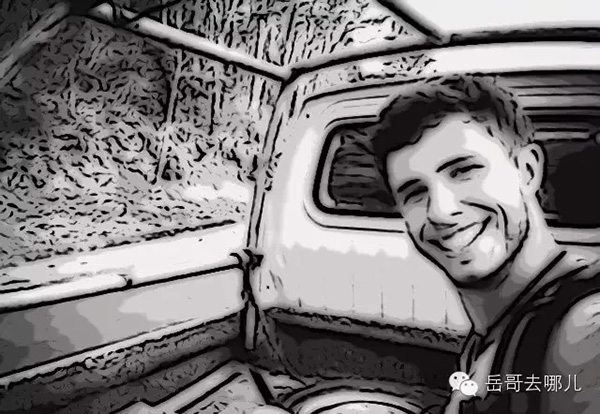
Asking people along the way "What is your dream of China" is a question that Yue Kaihan must ask everywhere. He repeated this question hundreds of times.
He thinks the answer he got is very true.The "Chinese dream" of a female restaurant owner in Mohe Arctic Village is to help the elderly improve their quality of life and reduce the burden on the younger generation. A worker in Yangshuo, Guangxi dreams of a well-off and rich material life; A computer student in Changchun University hopes to realize his personal ideal and make contributions to society … …
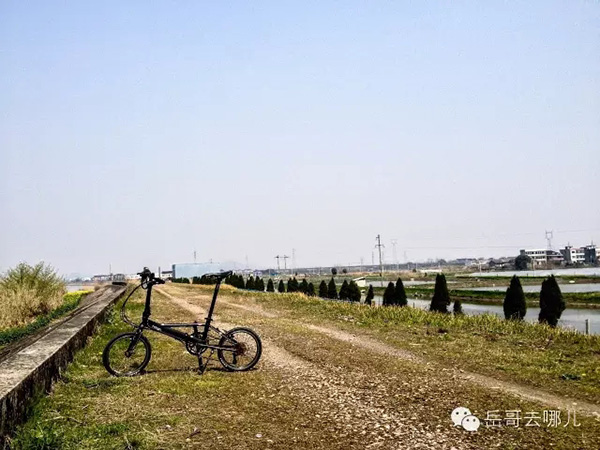
Yue Kaihan came to the conclusion that in the eyes of most ordinary people, the "Chinese dream" is related to the improvement of living environment, the prosperity of the country, social harmony and social reform. The "Chinese dream" of individual citizens mainly focuses on practical aspects, such as wealth, happiness, self-realization and family. Officially, the "Chinese Dream" is the rejuvenation of the whole country and nation. Even though the people are vague about the specific ways to realize their dreams, they all agree that only the rejuvenation of the nation can bring happiness to the small family.